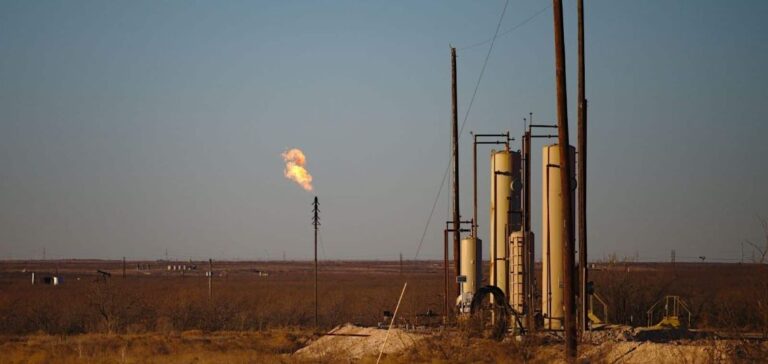Mexico could save $1.6bn annually by avoiding natural gas imports from the United States if it reaches a target of producing 45% of its electricity from clean sources by 2030, according to a study published on May 19 by international energy think tank Ember.
The analysis states that meeting this target would reduce gas-fired power generation by 20%, from 204 terawatt-hours (TWh) in 2024 to 163 TWh in 2030, even as electricity demand rises by 15%. This would result in savings equivalent to 384 billion cubic feet of avoided gas imports in 2030.
A strong energy dependency
In 2024, 54% of Mexico’s electricity was generated using natural gas, most of which was imported from the United States, making the country the world’s largest buyer of American gas. By contrast, only 22% of power came from renewable sources, below the global average of 32% and the Latin American average of 62%.
“Mexico is exposed,” said Wilmar Suarez, lead Latin America analyst at Ember. “Reliance on imported fossil fuels undermines the government’s ability to ensure a reliable and affordable energy supply for its population.”
Two scenarios with contrasting outcomes
Ember’s report examines two pathways included in Mexico’s National Electricity Sector Strategy: one targeting 36% clean electricity by 2030 and the other 45%. The latter would deliver ten times more savings on fuel costs and nearly twice as many jobs as the former.
To reach this level of generation, the country would need to build 36 gigawatts (GW) of solar capacity and 10 GW of onshore wind capacity by 2030. This development would create around 419,000 direct jobs during construction and an additional 15,000 long-term jobs in operations and maintenance.
Regional examples and national goals
The report highlights Brazil and Uruguay as regional examples that successfully accelerated their energy transitions by streamlining planning processes for solar and wind projects. These cases are presented as relevant references within the Latin American context.
The 45% clean electricity target was announced in October 2024 by President Claudia Sheinbaum. According to Ember, swift implementation could enhance the country’s energy security while also reducing its exposure to fluctuations in the international gas market.






















